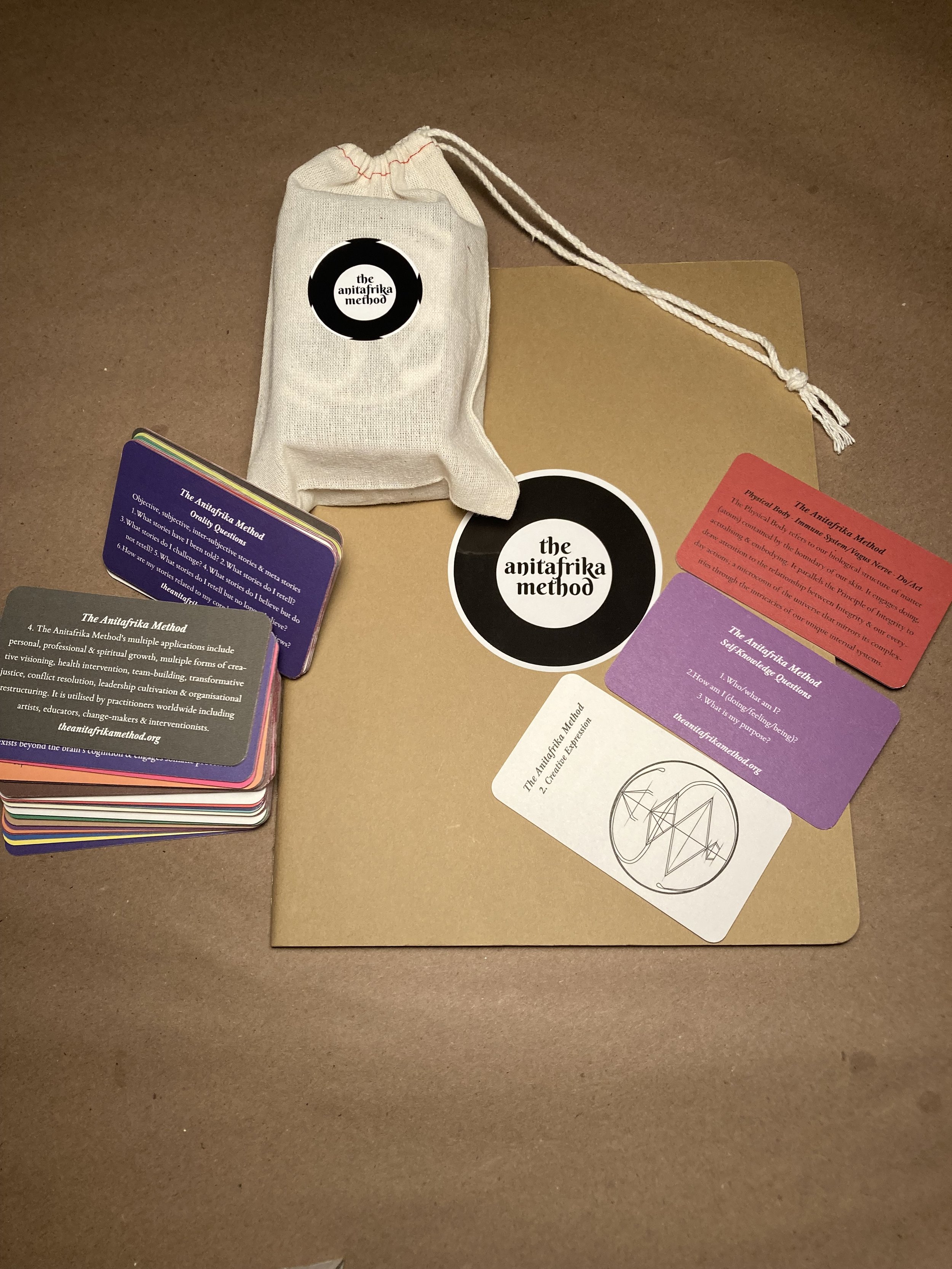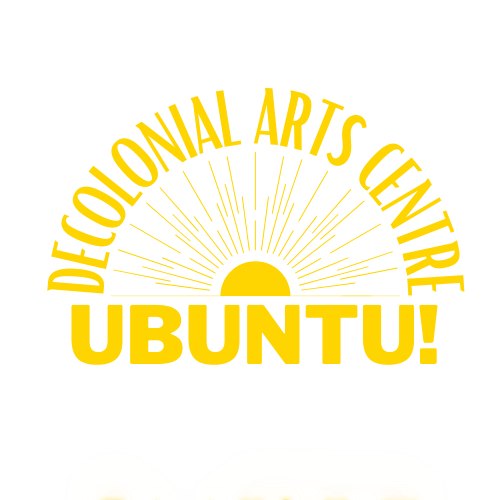
Self-Transformation through RE-INDIGENISATION
Ubuntu! decolonial Arts Centre Presents
self-transformation
through RE-INDIGENISATION
A SIX-week
INTERSECTIONAL
decolonial CREATIVE INTENSIVE
for Global Majority*
arts practitioners
Facilitated by d’bi.young anitafrika
USING
the aNITAFRIKA METHOD
ONLINE 2HRS WEEKLY
$900USD
Payment Plan available
HAVE A JOYFUL DAY!
*The term “global majority” is a concept rooted in decoloniality, anti-oppression, intersectionality, and challenging ongoing white supremacy. It refers to the collective population of people who have been historically marginalized and oppressed by white people. This group primarily consists of Black, Indigenous, and People of Color (BIPOC). The term aims to centre our experiences and perspectives while highlighting our numerical majority on a global scale
d’bi.young anitafrika is a queer nonbinary African-Xaymacan-Tkarontonian dub poet, monodramatist and Black feminist decolonial scholar. They are committed to embodying liberatory art practices that ritualise acts of emancipation from oppressions inflicted upon the people and the planet. The three-time Dora-award-winning Canadian Poet of Honour, author of twelve plays, seven albums, and four collections of poetry, was recently celebrated as a Global Leader in Theatre and Performance by Arts Council England and is the 2021 recipient of the Rosemary Sadlier Freedom Award. d’bi.young’s PhD research investigates how Black womxn theatre-makers in Canada, cultivate pedagogies of transformation through performance. Their doctoral thesis further develops the Anitafrika Method—a Black-queer-feminist decolonial performance framework that emerges out of the dub theory of Anita Stewart (d’bi.young’s mother).
The Anitafrika Method is a decolonial trauma-informed Black Queer Feminist framework and performance praxis originated by d'bi.young anitafrika and inspired by the foundational dub poetry theory of their mother—pioneer dub poet Anita Stewart. The integrative creative praxis is used to support the growth and development of people, including artists, educators, healers, innovators, leaders and everyday practitioners of living. Using arts-based interventions to nurture self-transformation, creative expression & community embodiment in its practitioners, the method is practitioner-centred and critically reflexive. The nine fundamental principles that ground the method include Self-Knowledge, Orality, Language, Politics, Rhythm, Urgency, Sacredness, Integrity and Experience which are explored through the Physical, Emotional, Mental, Creative, Exchange, Spiritual, Community, Energy, and Earth Bodies.
